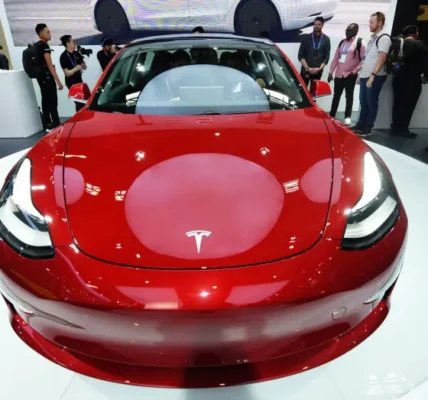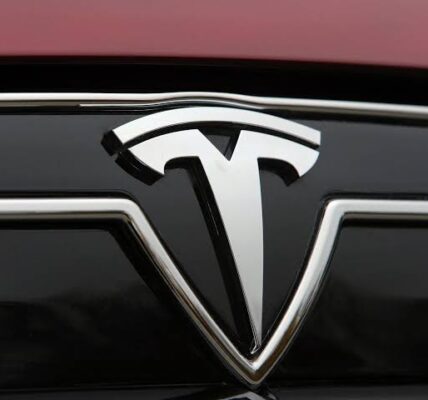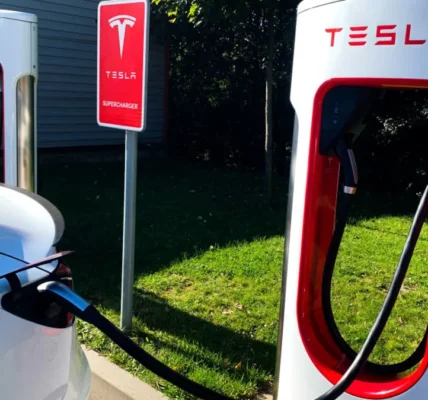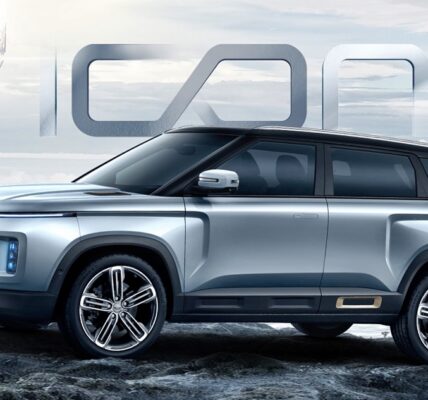The China market entry of Volkswagen Group’s Seat brand, where it was to develop a small electric vehicle, has been postponed by changing business conditions and a revision of VW Group’s strategy.
Interim CEO Carsten Isensee announced the change in plans in March. No date for a possible re-entry has been announced.
A Seat spokesman told said in an interview that the Chinese battery-electric vehicle market had become much more competitive, pushing prices down and threatening profitability. After growing quickly for several years, sales of electric vehicle slowed in 2019 as the Chinese government cut back incentives, although market share increased slightly to 4.9 percent from 4.7 percent in 2018.
Seat’s entry into China was closely linked to the VW Group’s joint venture with Anhui Jianghuai Automobile Co. (JAC), founded in 2017, which that planned to invest 5.06 billion yuan ($750.8 million) in a new electric car factory.
Former Seat CEO Luca de Meo and current VW Group CEO Herbert Diess signed an agreement with JAC in May 2019 “that enables further progress in the introduction of SEAT in China in two or three years.” But that plan has been postponed.
Seat said in a March news release that “within the framework of the revision of the strategy of the brands, markets and production systems of the Volkswagen Group,” it was postponing its entry into China and would not be part of the shareholding structure of the JAC Volkswagen joint venture, although it would continue to collaborate on design and R&D.
Speaking at the VW Group annual press conference, Diess said that it was “safe to say that Seat took the very fortunate decision not to enter (the Chinese) market in 2019-2020.”
“China is a very big market so you have to put in a lot of effort and resources to enter that market,” Diess said. “Probably for an entry into the volume segment of production it’s too late.”
Seat officially signed an agreement to join the JAC Volkswagen venture in November 2018. At the time, Seat said. “JAC Volkswagen will introduce the SEAT brand by 2021, and jointly electrify SEAT products.”
De Meo, who is slated to become CEO of Renault Group on July 1, said in a 2018 interview that Seat was helping JAC to improve an existing battery-powered model (the iEV 7S) and would establish an R&D center in China to develop electric vehicles.
De Meo also said Seat could to re-enter the Chinese market with electric cars possibly in 2021-22. Seat briefly shipped a very small number of cars from Europe for sale in China before pulling out by 2015.
Even before the coronavirus pandemic struck this winter, the overall Chinese market had been contracting since November 2018. Foreign automakers in joint ventures, especially those selling mass-market cars, have been hit particularly hard. At the same time, Chinese domestic automakers have improved their offerings.
Renault Group announced this month that it would halt sales of Renault brand cars to focus on light-commercial vehicles and electric cars. PSA Group is dissolving a joint venture with Changan Motor after sales proved disappointing.
And VW Group itself has outlined a plan to revive the Skoda brand’s flagging sales in China. China has been Skoda’s largest single market since 2010 but the brand has faced increasing competition from domestic automakers. Last year Skoda’s China deliveries fell 17 percent to 282,000.







